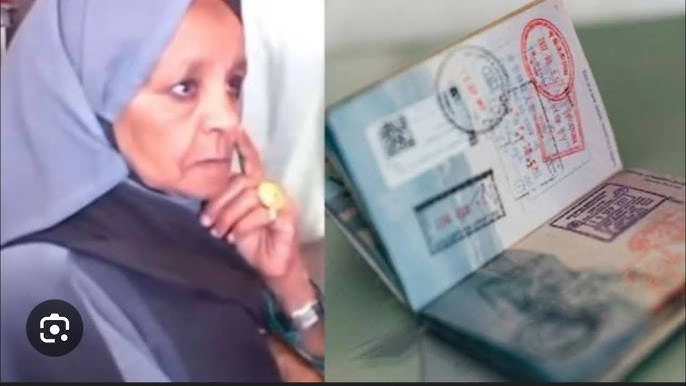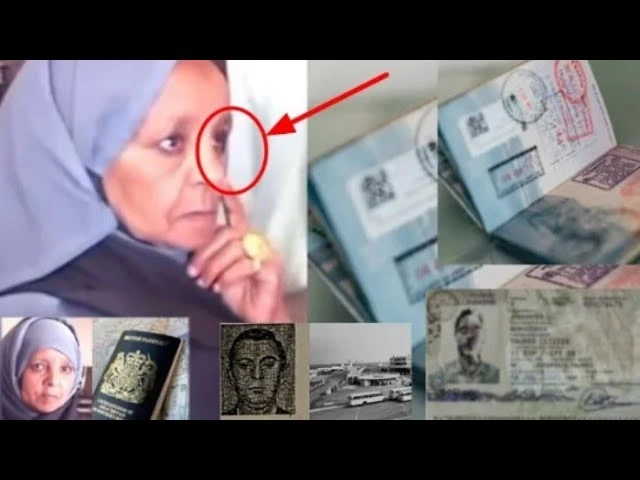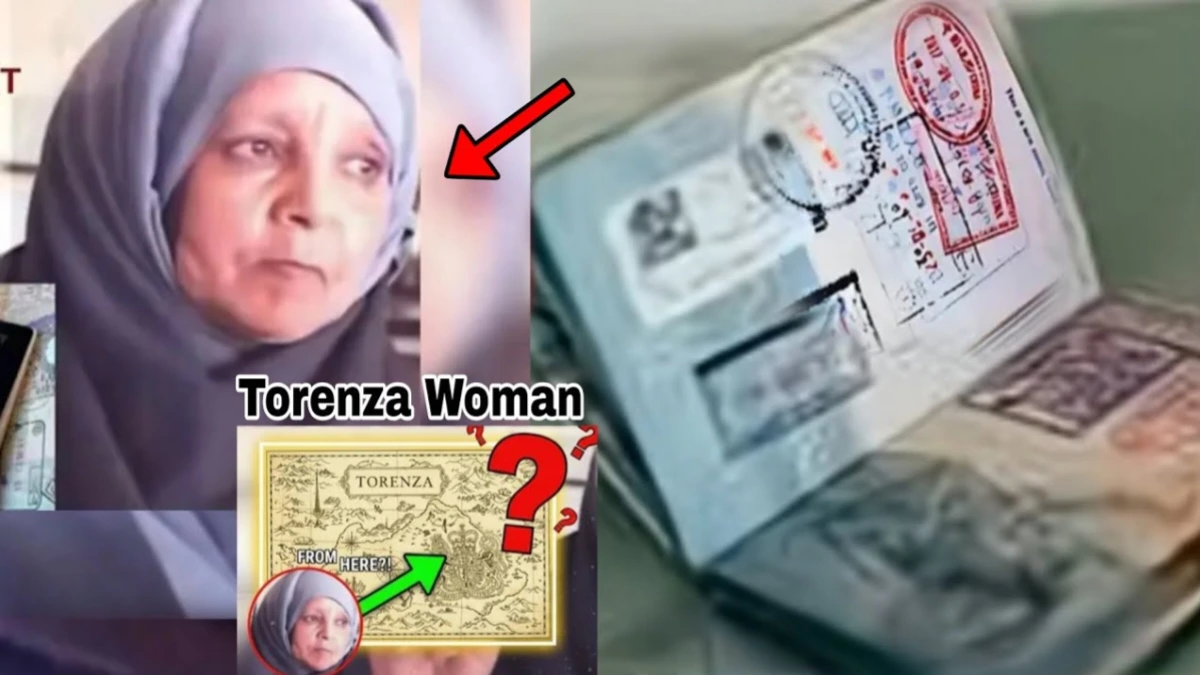A viral video claiming a woman arrived at New York City’s John F. Kennedy International Airport with a Torenza passport women document is false, according to fact checkers and aviation officials.
The video, widely shared on social media since October 8, 2025, repurposed footage from a mid 2000s television show, and airport authorities confirmed no such incident occurred.
“This is completely untrue,” said Jennifer Morales, a spokesperson for the Port Authority of New York and New Jersey, which operates JFK. “We have no record of anyone arriving with a Torenza passport women document.”
The video, first circulated on Facebook, shows a woman in a long blue or purple gown walking past empty airport seats. The caption suggested she had arrived from Tokyo, Japan, with a Torenza passport women document issued by a country that does not exist.
Media analysts traced the footage to the cable documentary series Airline, which aired on A&E in the mid 2000s. The show documented the daily challenges faced by airline staff, including passenger assistance, security, and logistics.
One scene in the episode shows an airline worker helping an older passenger from Baltimore who does not speak English. That scene matches frames in the viral video.
“The footage is from Los Angeles, not JFK,” said Michael Chen, a media verification specialist. “It is over 15 years old and has nothing to do with a Torenza passport women incident.”

Experts say AI generated narration and editing contributed to the spread of the misleading video. “AI allows anyone to overlay audio or captions on old footage, creating the illusion of a new event,” said Dr. Elena Vargas, media studies professor at Columbia University.
“This video about a Torenza passport women is a classic example of repurposed content appearing like breaking news.” Social media platforms struggle to detect sophisticated AI edited clips.
“A scene from a 2005 show can appear current if manipulated correctly,” Dr. Vargas said. “Viewers need to remain cautious.” JFK, one of the busiest airports in the United States, processed over 60 million passengers in 2024.
Incidents involving irregular or fake travel documents are rare and closely monitored. “Every passport anomaly is investigated immediately,” Morales said. “We have never encountered a Torenza passport women document.
Any such claim would have triggered federal action.” By comparison, actual document fraud in the US involves forged passports from real countries.
In 2024, US Customs and Border Protection reported 2,300 cases of passport fraud nationwide, none linked to fictional nations. Travelers at JFK expressed skepticism after seeing the video.
“I saw it online and thought it sounded strange,” said Maria Lopez, a frequent flyer from Queens. “I travel a lot and have never heard of a Torenza passport women.”
Airline staff familiar with passenger procedures agreed. “Every passport is checked against official databases,” said an agent who requested anonymity. “Something like this would never get past security.”

Viral media researcher Samir Patel said sensational details combined with AI narration make videos like this highly shareable. “It’s a mix of mystery and authority that tricks people into thinking it’s real,” he said.
Experts say public education and digital literacy are essential to prevent the spread of misinformation. Platforms such as Facebook and Twitter have implemented AI detection tools and fact check labels, but challenges remain.
“As AI video tools become more accessible, we can expect more elaborate hoaxes,” Dr. Vargas said. “Audiences need to verify sources before believing sensational claims like a Torenza passport women arrival.”
Authorities continue to emphasize that verified announcements from airport or federal agencies are the most reliable sources for travel news.
The claim that a woman arrived at JFK with a Torenza passport women document is false. The viral footage originates from a television show aired more than 15 years ago and was altered with AI narration.
Officials confirm no such passenger arrived at JFK, illustrating the challenges of separating authentic news from digitally manipulated content.
